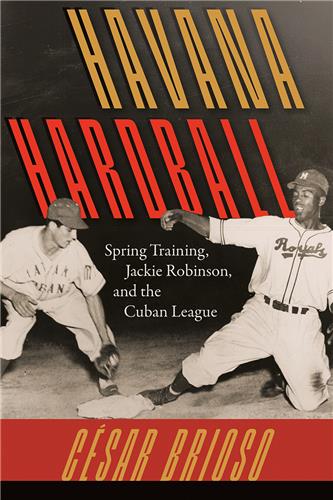A New Orleans Voudou Priestess
The Legend and Reality of Marie Laveau
Carolyn Morrow Long
Paper: $26.00
"The legend of Marie Laveau, New Orleans' Voudou Queen, has a compelling hold on the popular imagination. Carolyn Morrow Long uncovers the fascinating story of the flesh-and-blood woman behind the legend and in so doing enriches our understanding of life in New Orleans in the nineteenth century."--Vaughan B. Baker, University of Louisiana, Lafayette
Against the backdrop of eighteenth- and nineteenth-century New Orleans, A New Orleans Voudou Priestess: The Legend and Reality of Marie Laveau disentangles the complex threads of the legend surrounding the famous Voudou priestess. According to mysterious, oft-told tales, Laveau was an extraordinary celebrity whose sorcery-fueled influence extended widely from slaves to upper-class whites. Some accounts claim that she led the "orgiastic" Voudou dances in Congo Square and on the shores of Lake Pontchartrain, kept a gigantic snake named Zombi, and was the proprietress of an infamous house of assignation. Though legendary for an unusual combination of spiritual power, beauty, charisma, showmanship, intimidation, and shrewd business sense, she also was known for her kindness and charity, nursing yellow fever victims and ministering to condemned prisoners, and her devotion to the Roman Catholic Church. The true story of Marie Laveau, though considerably less flamboyant than the legend, is equally compelling.
In separating verifiable fact from semi-truths and complete fabrication, Long explores the unique social, political, and legal setting in which the lives of Marie Laveau's African and European ancestors became intertwined. Changes in New Orleans engendered by French and Spanish rule, the Louisiana Purchase, the Civil War, Reconstruction, and Jim Crow segregation affected seven generations of Laveau's family, from enslaved great-grandparents of pure African blood to great-grandchildren who were legally classified as white. Simultaneously, Long examines the evolution of New Orleans Voudou, which until recently has been ignored by scholars.
Carolyn Morrow Long is research associate at the National Museum of American History, Smithsonian Institution.
No Sample Chapter Available
There are few figures in New Orleans history as alluring as Marie Laveau...a figure who stood at the very nexus of religion, magic, commerce, and history and this fascinating, well-documented volume is the worthy result. [T]his biographer, determined as she is to get at the facts about this mysterious woman, understands the appeal of the legend--the reason for its survival--even as she painstakingly dismantles it.
--New Orleans Times-Picayune
…compelling…
--The Birmingham Times
In an era when most black Southern women were slaves, this savvy woman found not only freedom but tremendous power through her resourcefulness.
--Deep
…a fine book, amply researched and well written…a labor of love…
--Catholic Southwest: A Journal of History & Culture
" Like the New Orleanians she so admires, Long has made an important contribution to the city's cultural revival. Her book's cornucopia of documentary evidence reaches well beyond the specifics of Laveau and her family. It is a vital new thread in the rich tapestry of New Orleans history."
--Journal of Southern History
" Long begins to pierce the legend(s) and approach a biography that is neither scandalous or hagiographic. Long provides more facts and artifacts than any of her predecessors. Manages to bring together scant facts into a narrative."
--Ashe Journal
" Long has brought Marie Laveau closer to life and, in doing so, has reveled many of the specificities of New Orleans and its society through history."
--Caribbean Studies
" An intriguing and well-researched study not only of Marie Laveau, but also of the history and folkways of old New Orleans."
--Louisiana History












